A Black-led running group has sued the Boston Marathon organizers and local authorities, citing racial discrimination at a cheer zone during last year’s event. This lawsuit alleges that police actions disproportionately targeted minority spectators, overshadowing a landmark event with accusations of bias. As the legal proceedings unfold, they promise to spotlight deep-seated issues of inequality in one of America’s premier sporting events.
Lawsuit Against Marathon Organizers
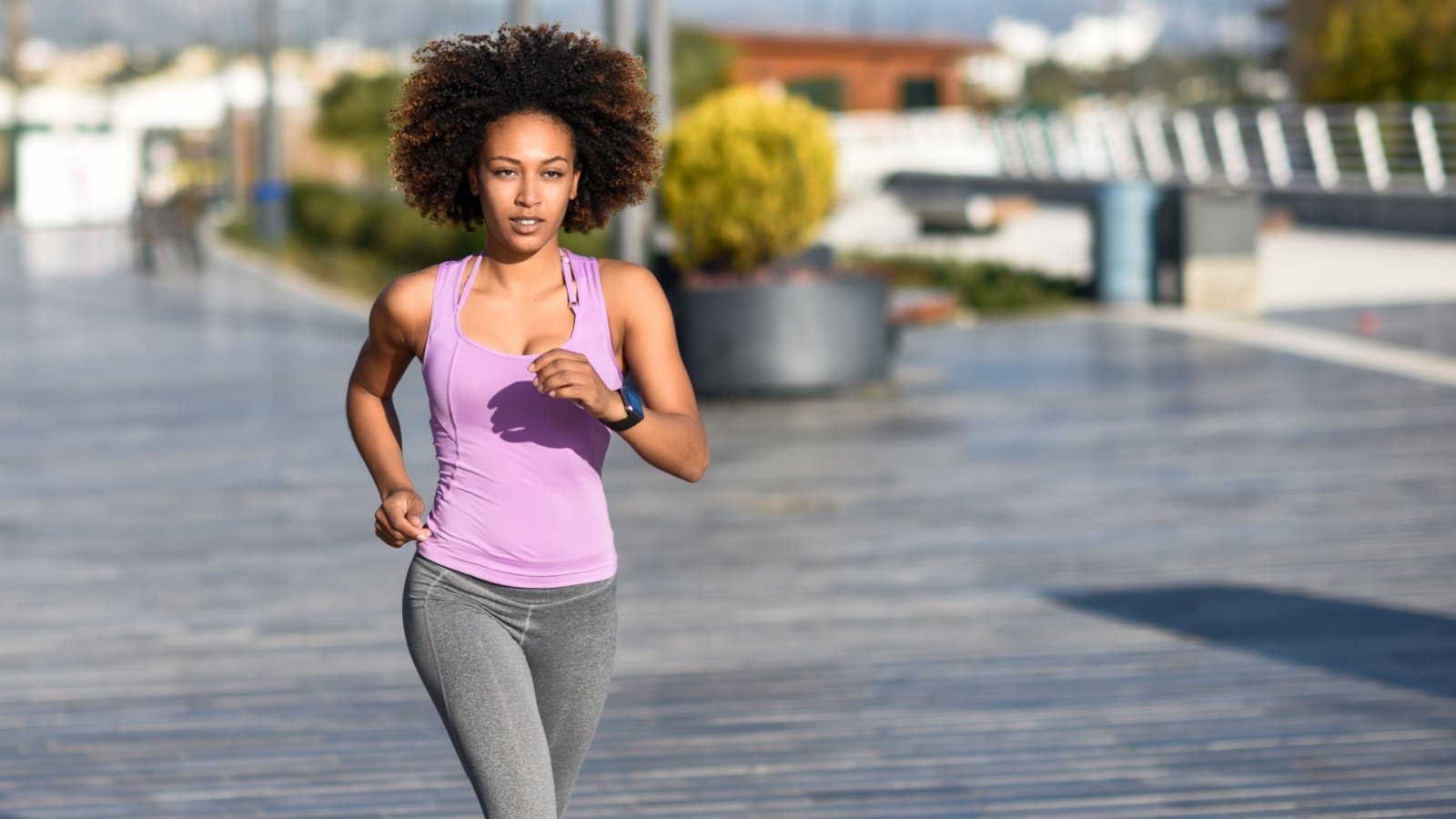
In a bold move, the TrailblazHers, a Black-led all-women running group, has filed a lawsuit against the Boston Marathon organizers, the city of Newton, and its police chief for racial discrimination experienced at a cheer zone during last year’s race. They claim this act violated their rights to equal protection under the Fourteenth Amendment, just days before the 2024 marathon.
Allegations of Racial Profiling
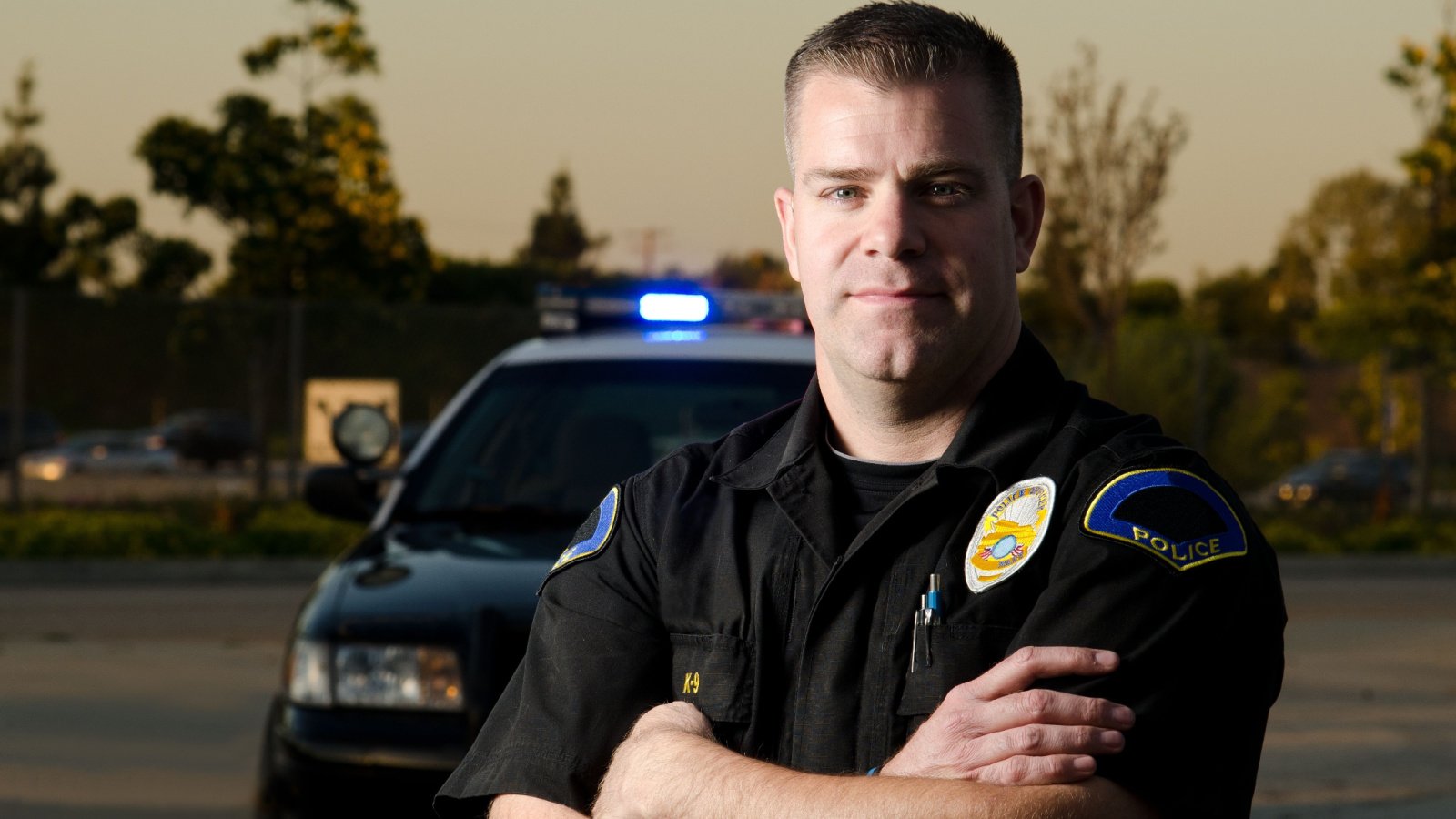
During the marathon, members of TrailblazHers and other minority running groups were allegedly targeted and harassed by Newton police at their designated cheer zone at Mile 21. The lawsuit accuses the police of racial profiling, claiming they unjustly singled out and intimidated these groups, disrupting their support for runners.
Mile 21: A Symbol of Unity
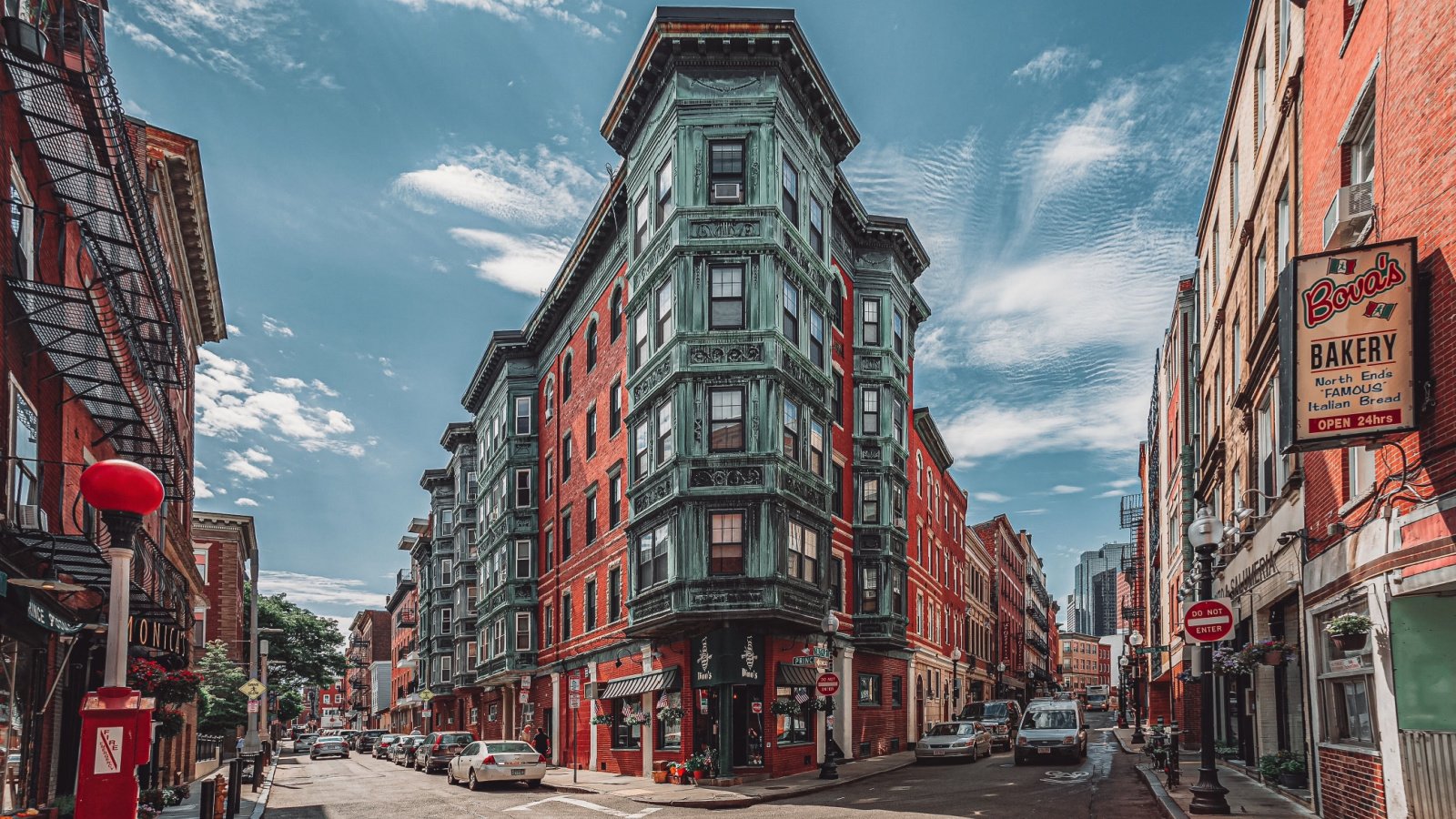
For four years, TrailblazHers has set up a cheer zone at Mile 21, a spot that has become a significant symbol for runners of color. This location is celebrated as a pivotal point where these athletes are recognized and cheered on, fostering a nurturing and supportive atmosphere.
Discriminatory Actions by Police
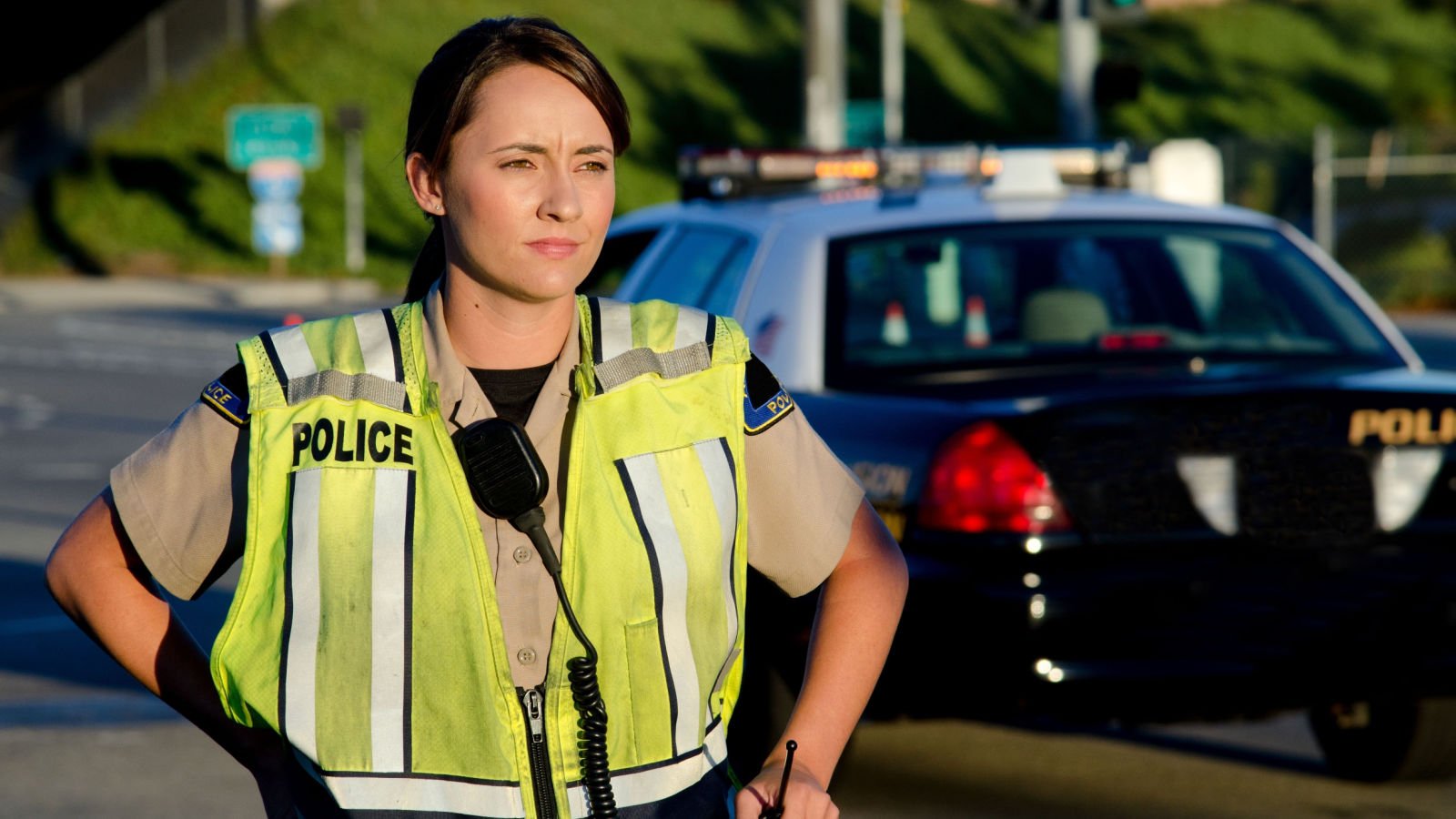
The complaint describes a distressing scene where police are said to have formed a human barricade that excluded non-White spectators from interacting with marathon participants. Unlike their White counterparts, these supporters were allegedly pushed back and prevented from celebrating freely.
Unequal Treatment of Spectators

It’s claimed that while White spectators were not disturbed, those from diverse running crews faced unwarranted segregation. The lawsuit highlights this stark disparity in treatment, with photographs reportedly showing the extent of the exclusion orchestrated by law enforcement.
The Impact of Police Actions
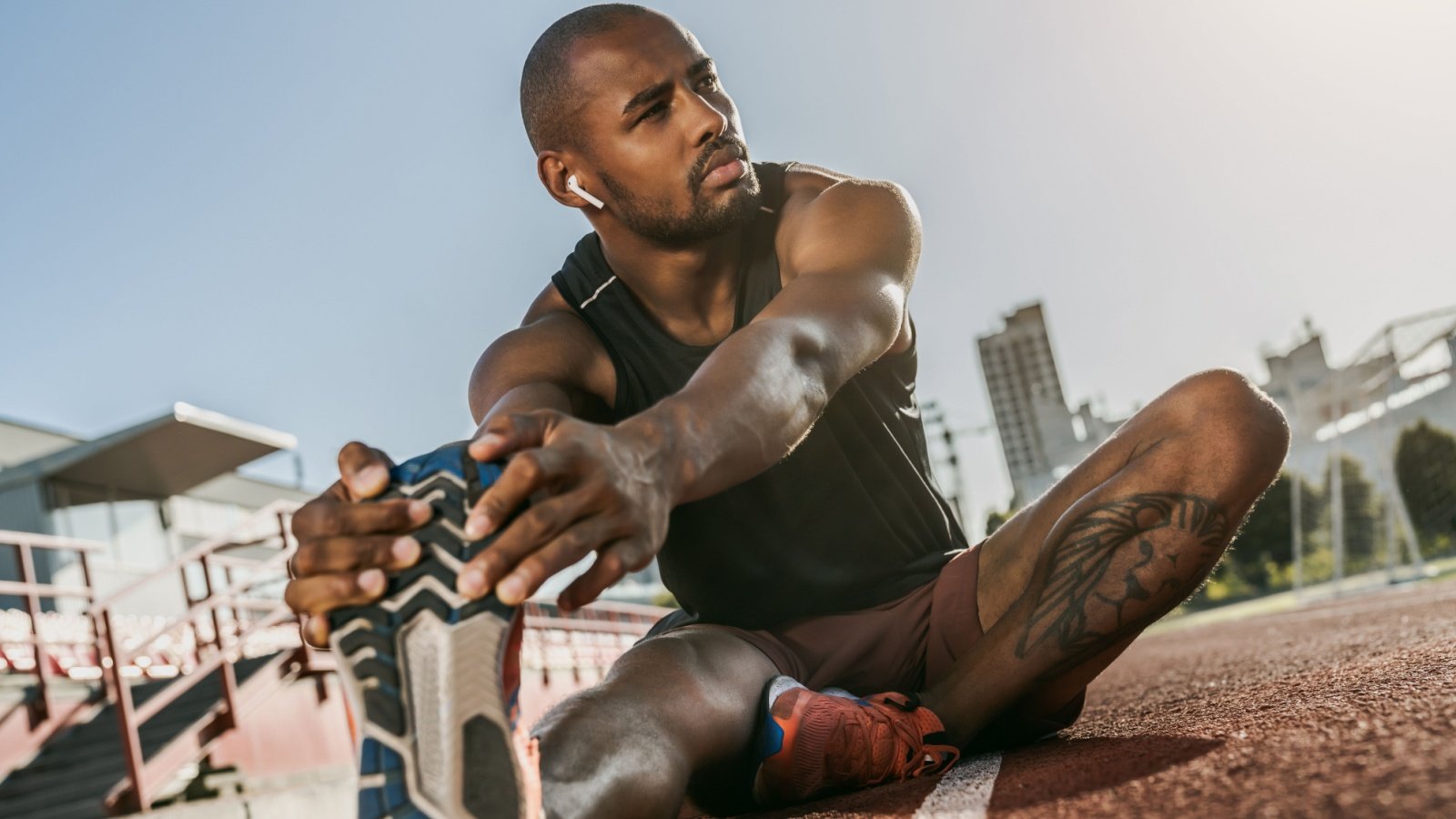
The actions of the police are reported to have turned a festive occasion into a day marred by discomfort and discrimination for many attendees. This undue scrutiny not only overshadowed the event but also inflicted emotional trauma on those who were simply there to support their peers.
Police Response to the Incident
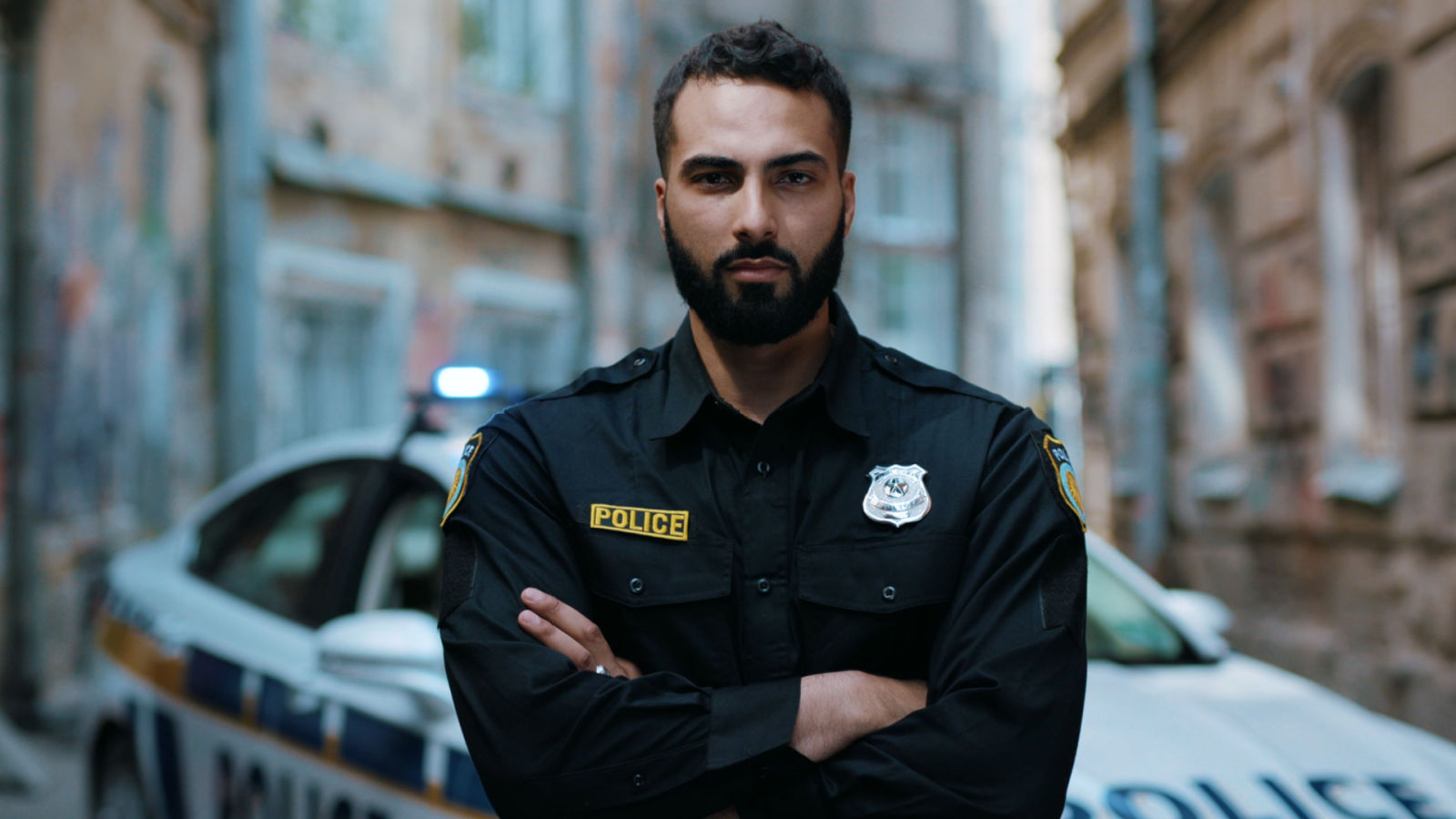
Following the incident, the Newton Police explained their actions by stating they were responding to safety concerns about spectators crossing barriers, as advised by the Boston Athletic Association. They claimed to have managed the situation with calm and repeated requests to maintain order, using bicycles to mark the course briefly.
Police Chief Defends Actions

Newton Police Chief John Carmichael staunchly defended the actions taken by his officers during last year’s Boston Marathon, asserting on Facebook that they behaved appropriately and respectfully. He emphasized his full support for the decisions made on the day, backing the conduct of his team amid growing controversy.
Boston Marathon Organizers Respond
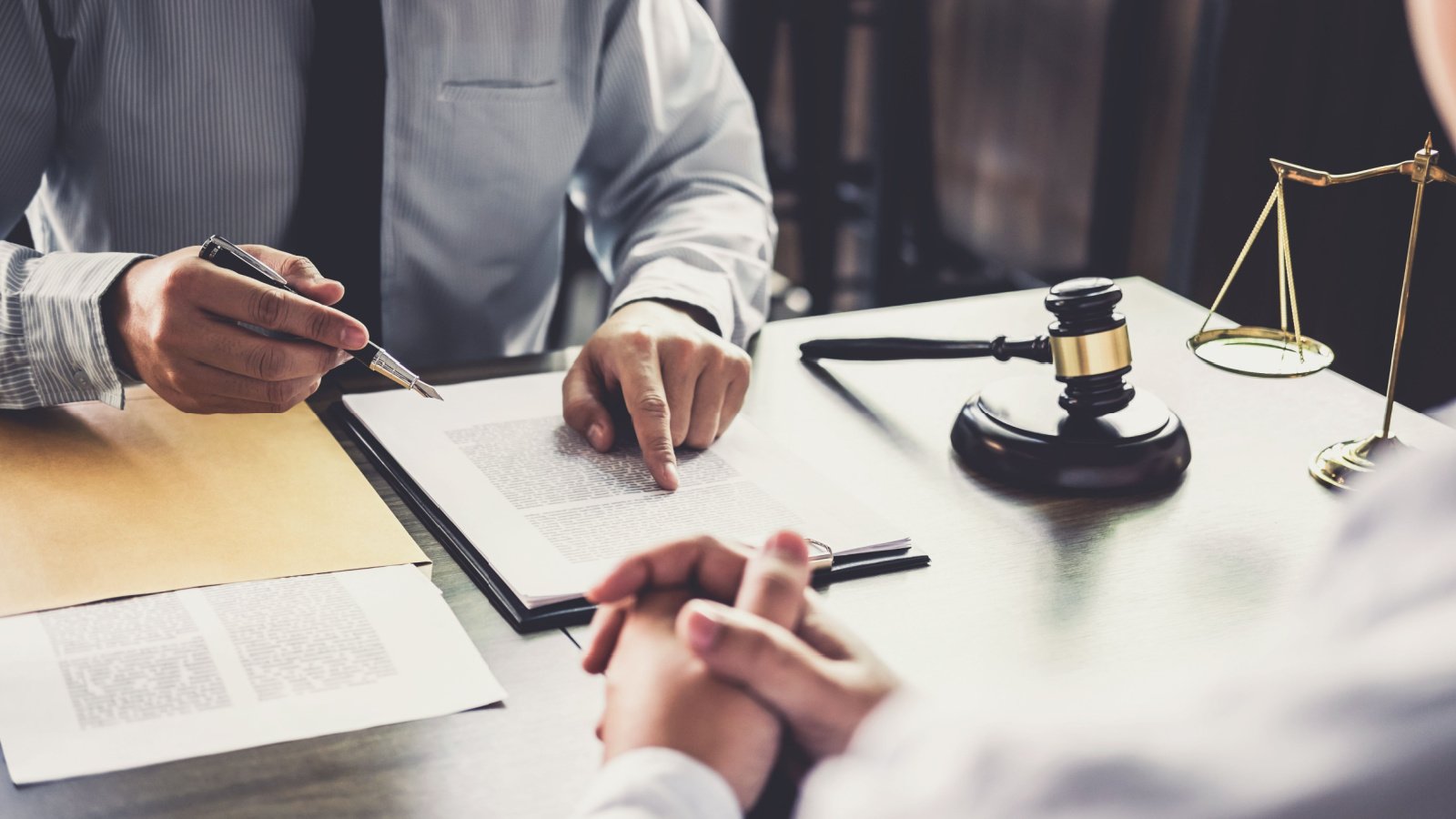
While the Boston Athletic Association (BAA) acknowledges the filing of the lawsuit, they admitted to CNN that they haven’t reviewed the details yet. Their primary goal remains to craft a marathon experience that is celebratory for everyone involved.
Continued Calls for Reform

Despite engaging in multiple discussions with the Boston Athletic Association and city officials, TrailblazHers argues that no substantial actions have been taken to address or prevent racial profiling at the marathon. The group’s efforts to initiate meaningful change appear to have been met with inaction, heightening their frustrations.
Marathon’s Broad Appeal
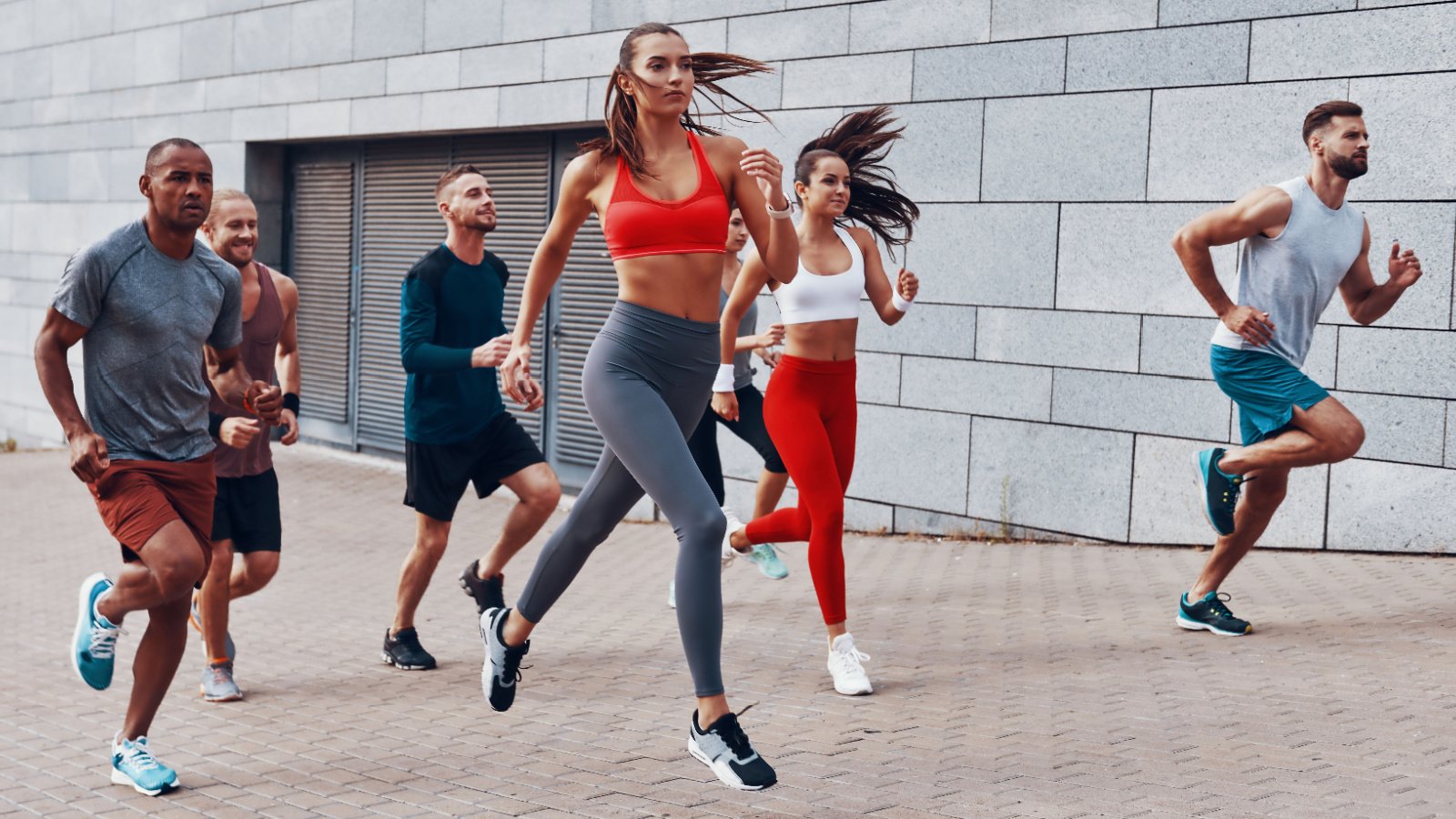
This year’s marathon is expected to draw about 30,000 runners from Hopkinton to Boston, continuing a tradition that has captivated hundreds of thousands of spectators since its inception in 1897. The event is a significant highlight on the city’s calendar, celebrated for its spirited community support and historical significance.
Legal Representation and Broader Issues

Lawyers for Civil Rights, representing TrailblazHers, have linked the alleged police misconduct at the marathon to wider racial issues within the running community. They reference the tragic killing of Ahmaud Arbery to illustrate the dangers Black runners can face, suggesting that the events at Mile 21 reflect a disturbing trend of racial animosity.
Push for Diversity in Running
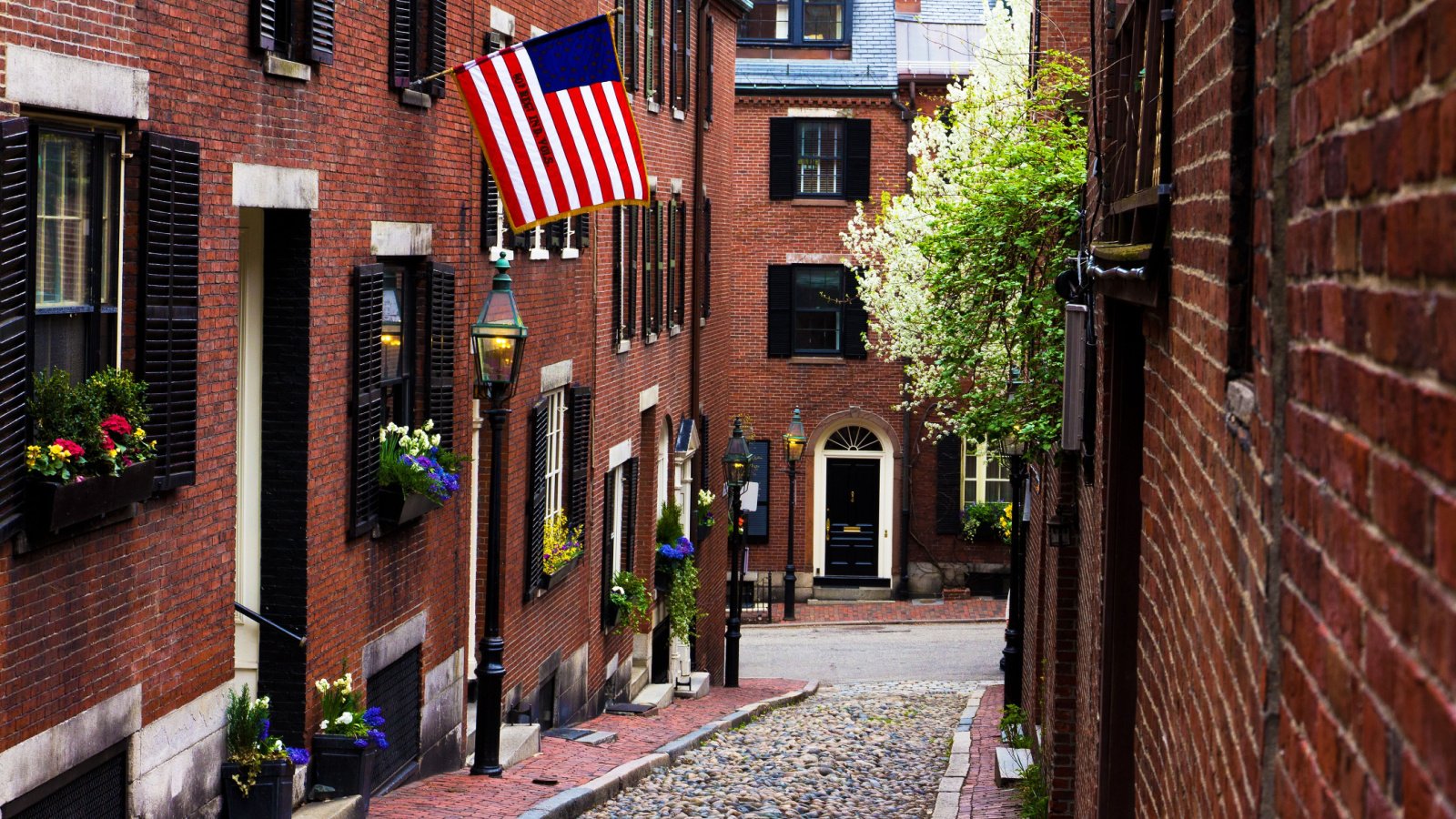
TrailblazHers was established with the aim of diversifying the predominantly white, elite running circles of Boston, boasting a membership of over 2,500 BIPOC runners. Lawyer Mirian Albert has expressed readiness to seek judicial intervention should any discriminatory practices reoccur during this year’s marathon.
Legal and Community Reactions
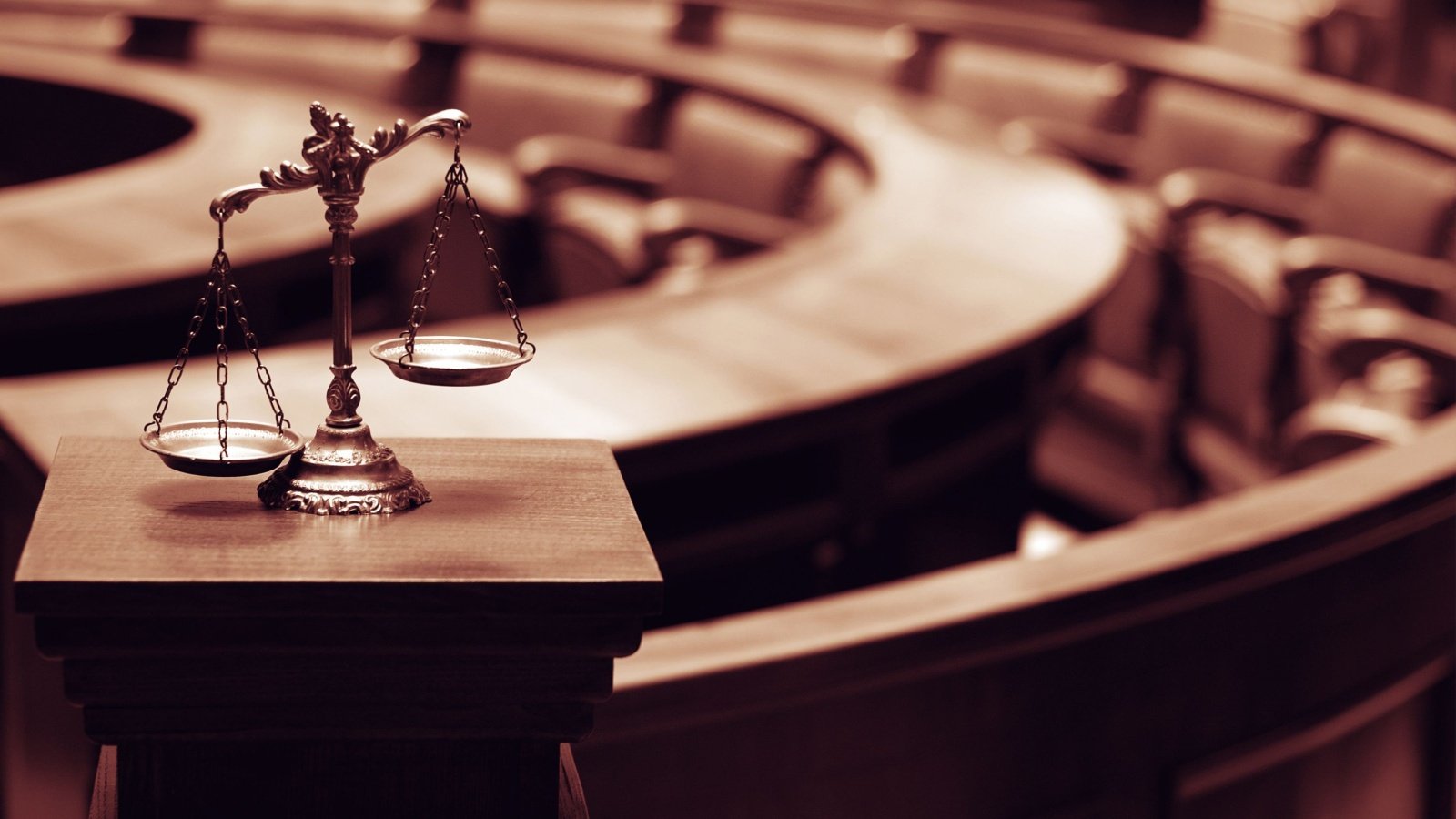
The lawsuit seeks various forms of damages and insists on a jury trial to address the grievances detailed by the plaintiffs. Meanwhile, community members like YouTuber Remy B Reel are vocal about their personal experiences, highlighting the negative impact of the heavy police presence at the previous marathon, which marred the festive atmosphere.



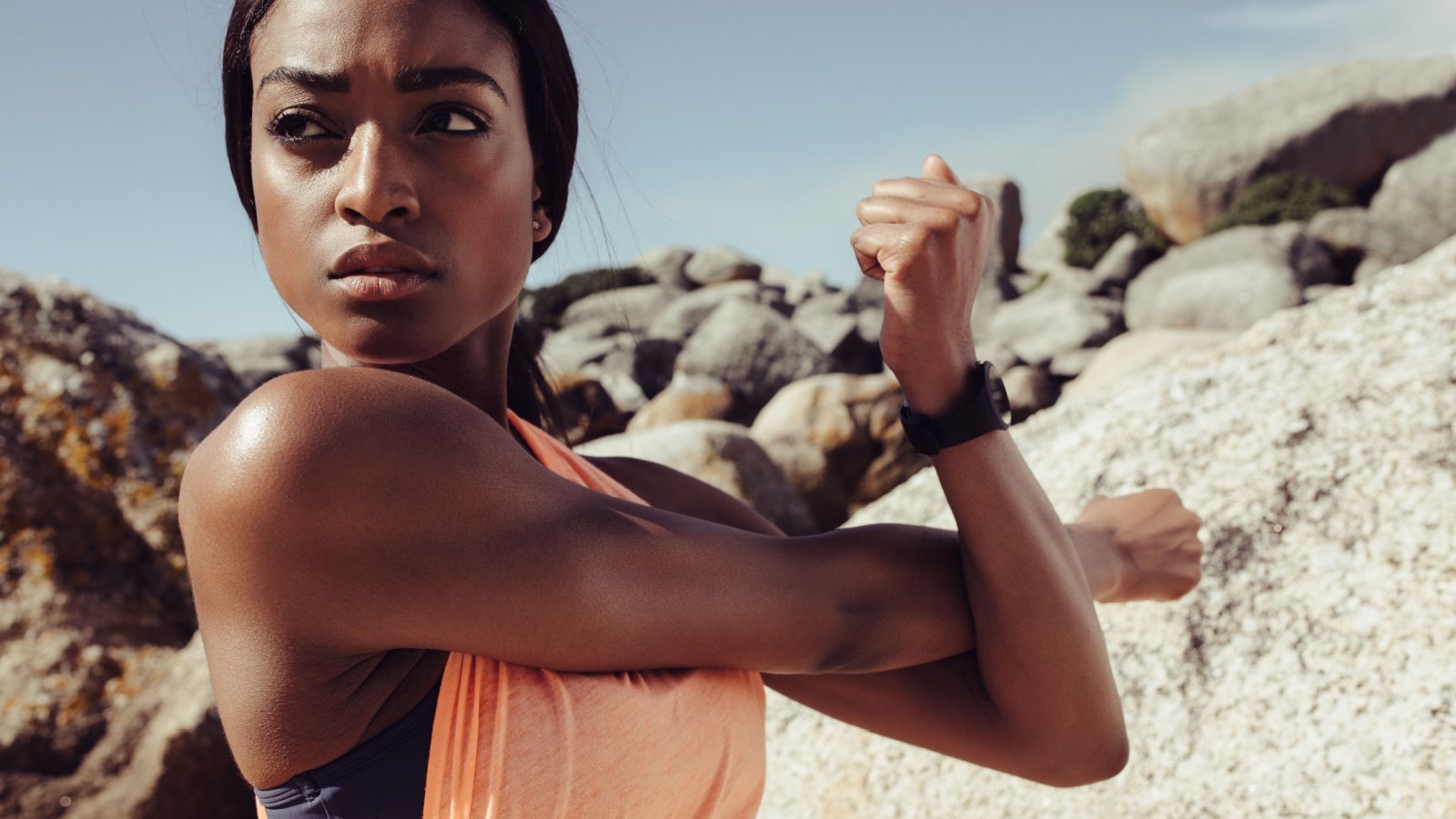
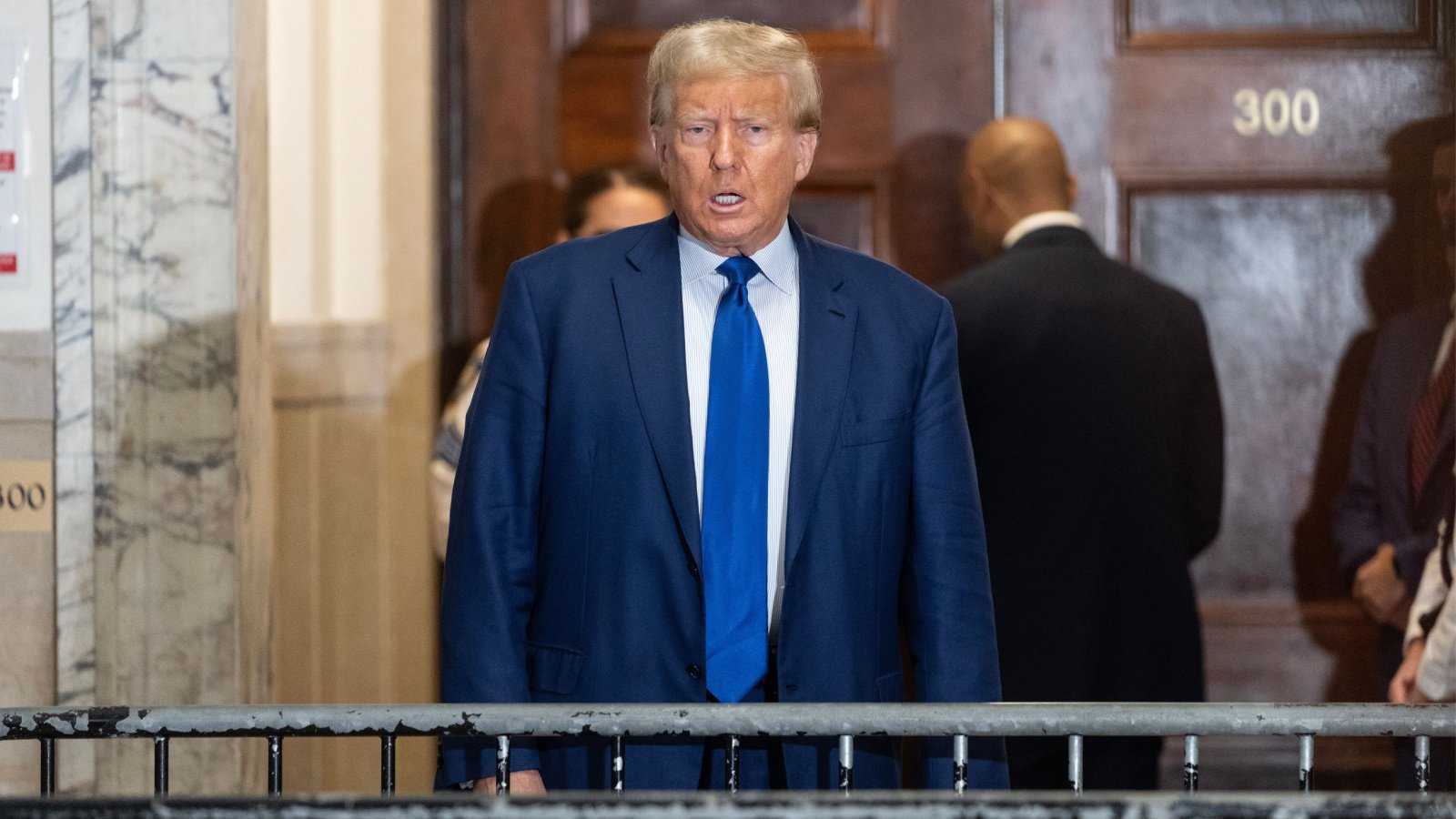
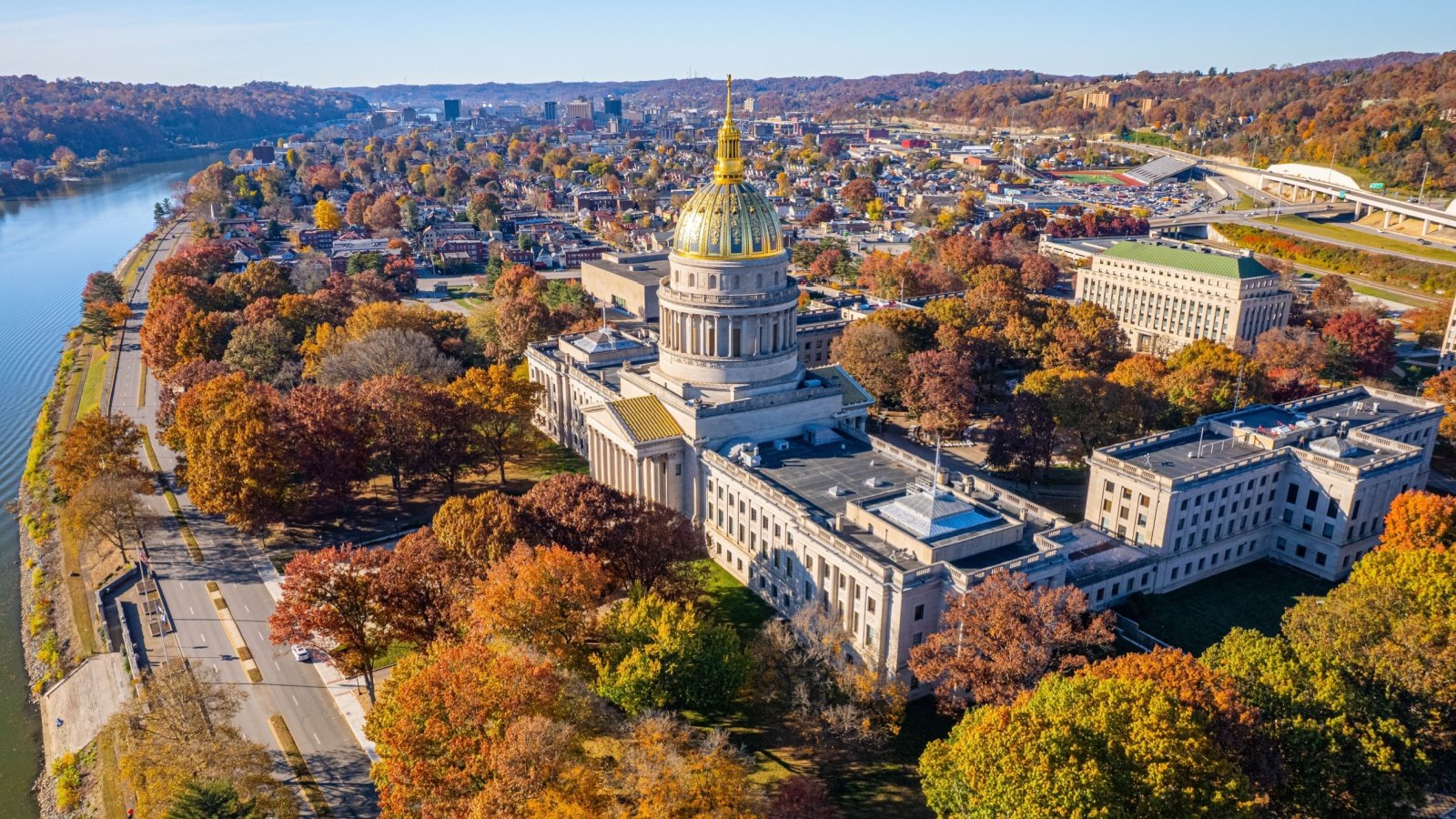


Your place is valueble for me. Thanks!…